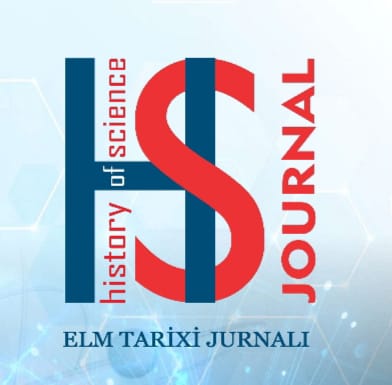The veto right of the permanent members of UN is one of the worst gaps of the SC and this power made the organization non-democratic. Permanent members use the veto power as a political weapon against each other. Permanent members, based on geopolitical interests, impede the process of resolving conflicts. As a result, double standards arise in the activities of states using the veto right to ensure their interests, and the principle of the sovereign equality of states is violated. Countries with veto power use all legal and illegal means to realize their claims, while the principles arising from the norms of international law are sometimes of secondary importance. The second, permanent and temporary members of the SC are selected according to the Cold War period’s regions. Two permanent members of the SC are the Western European states. They are Great Britain and France. Africa, Latin America and Caribbean region don’t have permanent representatives, although the second one is the second most dense continent. No any Muslim country has permanent membership right in the Security Council. The third, increase of armament, interest of selling weapons to the conflicting countries prevents the SC to fulfill its role on adjustment of conflicts. The permanent members of the Security Council have more weapons and they have interests in selling their weapons to conflicting states. Therefore, it is not helpful for them to resolve conflicts quickly. The fourth, there is inequality between numbers of members of the SC and GA. The UN has 193 members. The Security Council is represented by 15 states. Five permanent members have the veto right. Veto right restricts rights of other states. Decisions are made in the interests of permanent members.

